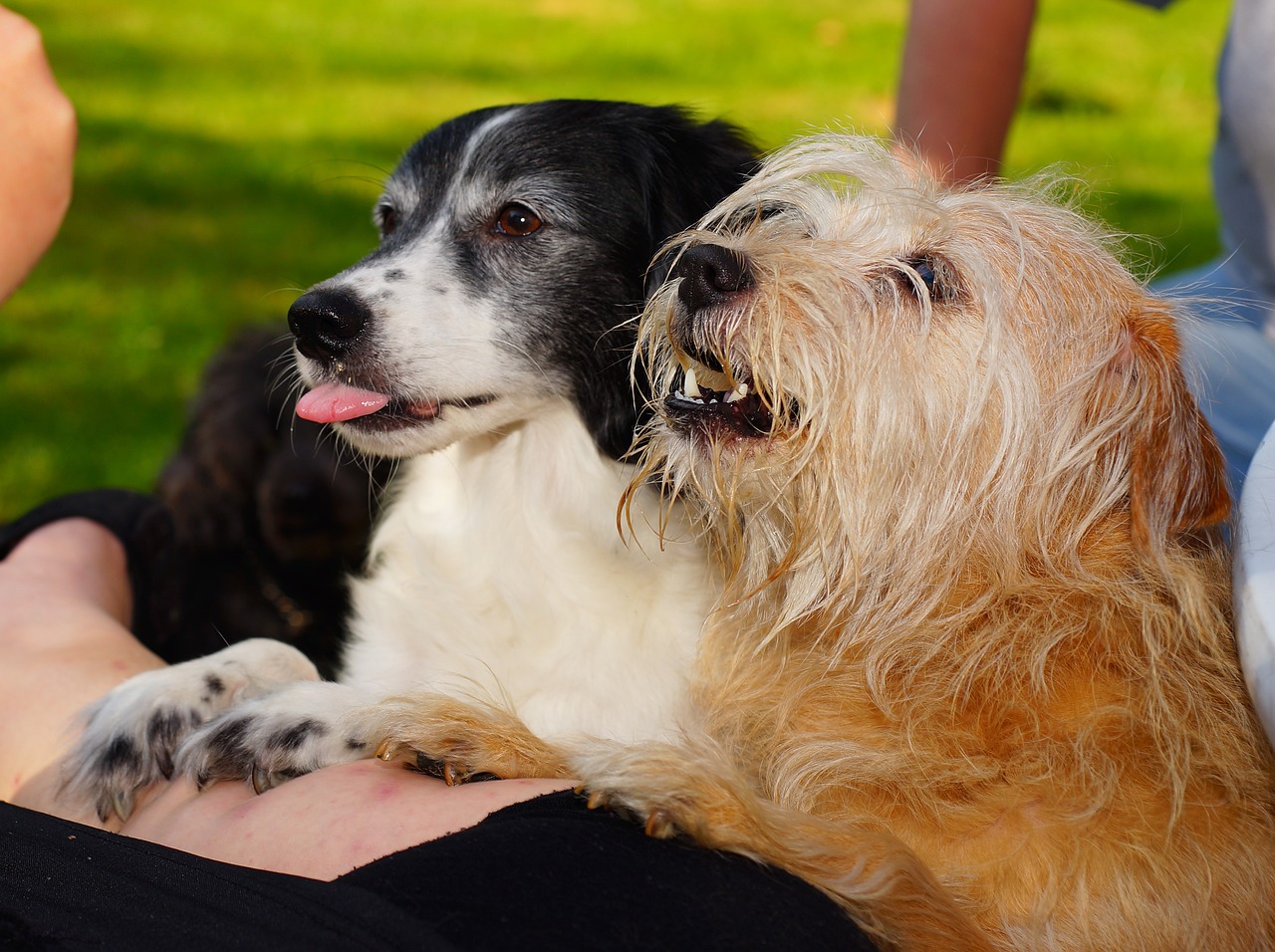While we often think of dog treats as something special to give them for fun, they can enhance the tight bond between you and your dog during training sessions. Not all treats are created equal, though, especially when it comes to human foods that can double as dog treats. Before sharing your snacks, remember that moderation and dog-safe options are key to maintaining a balanced and healthy diet alongside your training sessions.
Why Treats Matter in Training
Treats are much more than simple gestures of affection. If you only give out treats when your dog looks cute, you aren’t maximizing on dogs’ high levels of food motivation. When your dog successfully listens to your commands or learns a new trick as desired, a treat can show your appreciation and make the learning process enjoyable and memorable for them. This method reinforces their good behavior, encouraging them to repeat it in the future. All dogs respond differently to different foods and treats, and some are highly motivated by the food they see their human owners grabbing from the fridge.
Always consult your vet before introducing human foods into your dog’s diet, even when sparingly used as treats. Dogs have dietary needs and sensitivities different from humans and each other, and what’s safe for one dog might not be for another. Your vet can consider your dog’s health, age, and nutritional requirements to find out what works for them and what types of food can help keep them safe as you continue to train.
Safe Treats and Foods for Dogs
Cooked Chicken: Cooked chicken is a fantastic source of lean protein for dogs, helping to build muscle and maintain a healthy weight. The best part of this treat is the simplicity with which you can cook and store it. Always cook the meat without harmful seasonings like onion or garlic powder, which are generally toxic to dogs. Even if you give your dog other bones to chew on for enrichment, avoid keeping the chicken bones in your treats. They can splinter into dangerous shards that endanger your dog’s health.
Carrots: Carrots are a low-calorie treat packed with fiber and essential vitamins that can take the place of the chicken bones you removed. Chewing on tough carrots can help clean your dog’s teeth by scraping away plaque. Whether served raw or cooked, make sure to cut carrots into bite-sized pieces to prevent choking.
Apples: Apples are similarly a healthy, snappy treat for dogs loaded with beneficial nutrients that improve the sleek and shine of your dog’s coat. However, dogs shouldn’t chomp down on a whole apple. Always remove the apple core and seeds, which contain chemicals harmful to dogs and humans alike in large quantities. To make it easier, slice the apples into easily digestible slices—just like you would for your own midday snack.
Peanut Butter: Peanut butter is a well-known human food that dogs go crazy for. Since so many dogs love the taste, it is an excellent treat for training or stuffing into toys to keep them entertained. It’s rich in healthy fats, vitamins B and E, and niacin. However, when choosing peanut butter, opt for unsalted versions and those free of nasty sugar substitutes which can be toxic to dogs. A small dollop can go a long way in making training fun, but due to its high-fat content, it’s best enjoyed in moderation to avoid weight gain.
Pumpkin: Plain pumpkin is a superb treat for dogs, especially those with sensitive stomachs. It’s high in fiber, which can help regulate digestion and contains essential vitamins and minerals. The pumpkin should be pure – no pumpkin spice flavoring. Like all treats, serve pumpkin in moderation to prevent any digestive upset.
Sometimes, the allure of something ‘exotic’ can motivate your dog more than an ordinary storebought dog treat can. Mixing in these human foods as rare treats can encourage your dog to go the extra mile during training.
If you are looking to take your training to the next level and need some professional assistance, contact Gulf Coast K9 Dog Training today. We are committed to your dog’s safety and wellness and offer training for every dog – puppy to mature.





